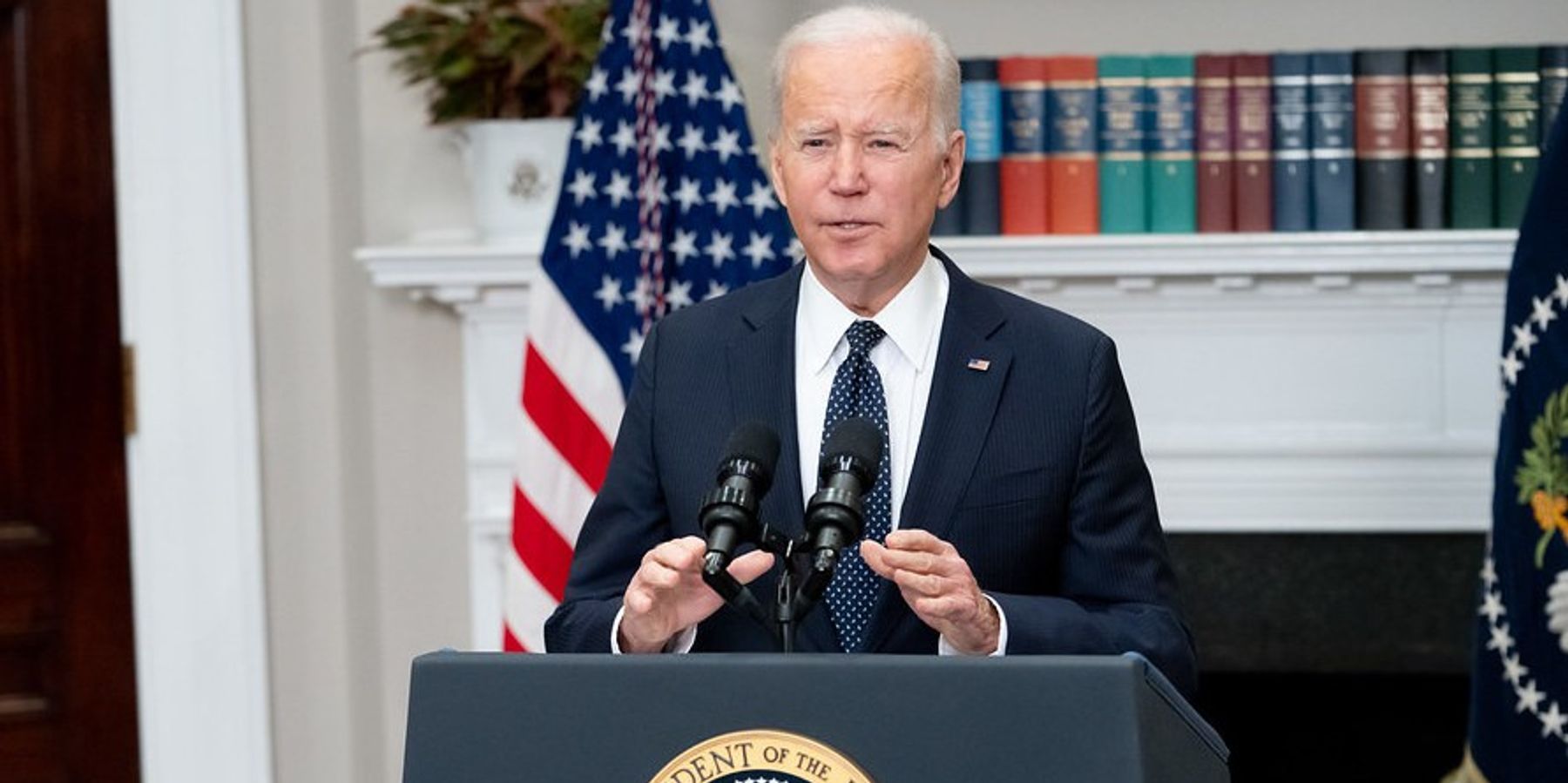On its way out, the lame duck Biden administration is going for broke, maybe literally, on aid for Ukraine.
According to AP reporting and a State Department statement, the U.S. plans to send Ukraine another $725 million worth of military assistance, including HIMARs and Stinger missiles, and more anti-personnel landmines, among other munitions.
The assistance, part of over the $7 billion Congress authorized as part of an aid package in April, follows recent and controversial Biden administration decisions to allow the use of long-range missile systems inside Russia, and the use of anti-personnel landmines on the battlefield in Ukraine. The weapons will come from already depleting U.S. stockpiles.
With time ticking, Biden officials have taken to the media to make their case for arming Ukraine until the last day of the administration. “We are going to do everything in our power for these 50 days to get Ukraine all the tools we possibly can to strengthen their position on the battlefield,” White House National Security Adviser Jake Sullivan told ABC News on Sunday.
“President Biden directed me to oversee a massive surge in the military equipment that we are delivering to Ukraine so that we have spent every dollar that Congress has appropriated to us by the time that President Biden leaves office,” Sullivan explained.
But public opinion appears to be running in the opposite direction.
According to a September Institute of Global Affairs (IGA) survey, 66% of Americans support a U.S./NATO push towards negotiation settlements in Ukraine. A recent Gallup poll found 52% of Ukrainians preferred a negotiated peace over continued fighting. And signaling a possible diplomatic shift in kind, Ukrainian President Volodymyr Zelensky has said Ukraine could support ceding territory to Russia — in exchange for NATO membership.
In tandem with its aid efforts, the Biden administration is simultaneously pressuring Ukraine to lower its conscription age to 18. Diplomatic hopes aside, Ukrainians will continue fighting if the outgoing administration has its way.- Ukraine aid benefits arms industry, not US economy ›
- Biden's ‘Last bang’: Allow long range missiles in Russia ›
- Is Zelensky softening his tone on territorial concessions? | Responsible Statecraft ›
















